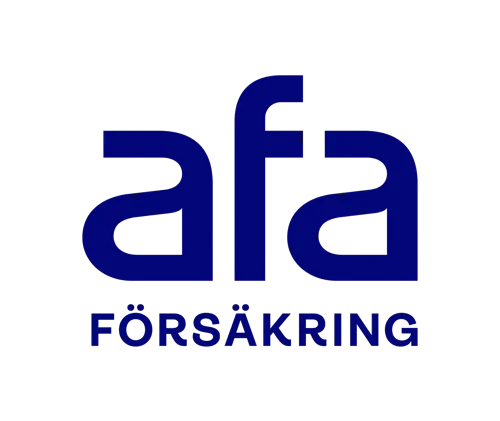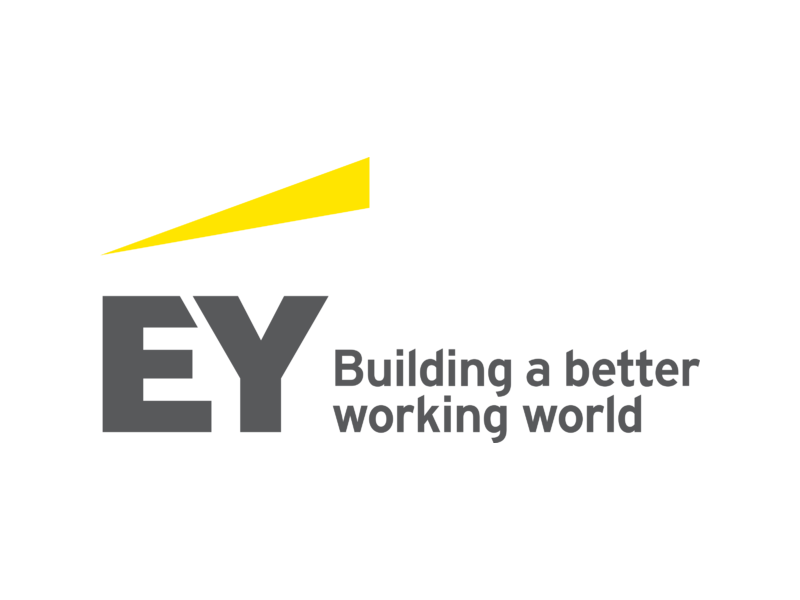A selection of companies that trust us.
What’s in it for you?
We help HR Directors, People & Culture Managers and leadership teams in large organizations build a fearless workplace culture.
What makes your employees go to work? We ask the missing questions, facilitating courageous and including conversations and help you understand ”what’s in it for them”.
Looking for alignment, belonging and better collaboration? If you are interested in finding out more about how we can work together with workplace culture design and continuous learning, you have come to the right place.
Get in touch if you want to become a workplace everyone wants to be part of with:










